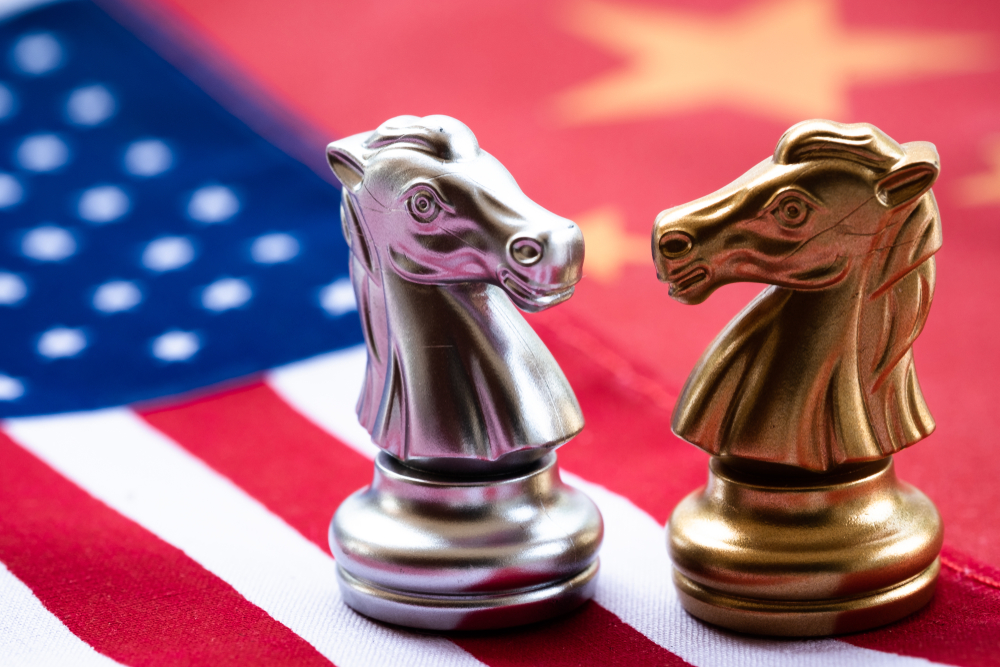The US government is struggling to alleviate political tensions with China, including bans on AI-related investment and exports.
Officials within the Biden administration are forming a new executive order to restrict US investments in China, including AI-related investment and exports.
The US and China are undoubtedly the two global AI superpowers, and China is largely dependent on overseas technology provided by companies like Nvidia.
US officials are tightening trade and investment for technologies that they consider national security threats, including AI. The US Secretary of State Antony Blinken is visiting Beijing this weekend, where he’s expected to discuss investment and export restrictions.
China is complaining about the US inhibiting trade between the two economies. A Chinese embassy spokesperson said, “Discriminatory restrictions targeting companies of certain nationalities run counter to the basic principles of international economy and trade.”
In 2016, venture capital investors from Qualcomm invested in 7Invensun, a Beijing-based startup that manufactures AI eye movement tracking. While the technology is chiefly designed for consumer technology like VR goggles, there are concerns it could be adapted for military purposes.
It’s these kinds of scenarios that the US wants to prevent – but determining when AI can be weaponized is exceedingly difficult. Not to mention companies like Nvidia make a vast amount of money from Chinese customers, which, in turn, benefits the US economy.
“AI is in many ways a meaningless category. It encompasses everything from Netflix recommendation algorithms to autonomous weapon systems and a bunch of stuff in between,” said Martin Chorzempa from the Peterson Institute for International Economics. “It’s extremely hard to define.”
AI models intended for one purpose can easily be appropriated for another. For example, drug creation models could be used to produce new chemical weapons.
The AI race between China and the US has become increasingly divisive, with Microsoft allegedly moving top researchers from their China-based research facility to Canada.
While China remains dependent on US exports, they’re attempting to develop domestic high-end tech manufacturers that can compete with the likes of Nvidia. It may not be long before China has its own largely self-sustaining tech ecosystem.





